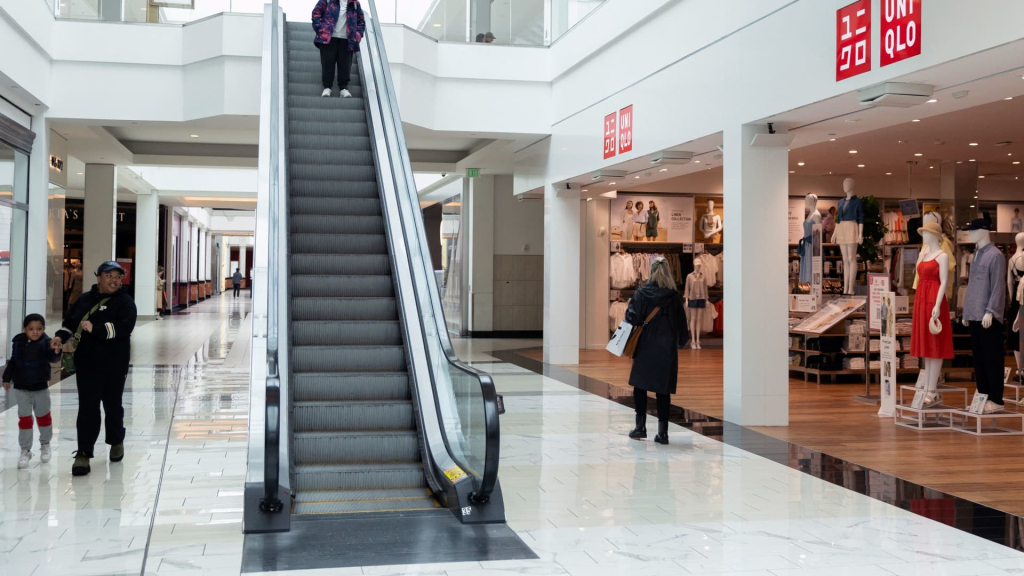Consumer sentiment took another hit in April, reflecting growing concerns over tariffs and employment stability, which have dipped to levels reminiscent of the global financial crisis.
The Conference Board’s Consumer Confidence Index slipped to 86 for the month, marking a decrease of 7.9 points from the previous reading and falling short of the Dow Jones forecast of 87.7. This figure represents the lowest level observed in nearly five years.
Furthermore, expectations for upcoming economic conditions showed an even steeper decline.
The board’s expectations index, which gauges consumer outlook over the next six months, plummeted to 54.4—a drop of 12.5 points and the weakest level since October 2011. Officials from the Conference Board indicated that such a reading aligns with signals of a potential recession.
Stephanie Guichard, the board’s senior economist for global indicators, noted, “The three components of expectations—business conditions, employment prospects, and future income—have all experienced significant declines, demonstrating a widespread pessimism regarding the future.” She highlighted that overall confidence scores are now reminiscent of those at the start of the Covid pandemic.
Concerns regarding employment prospects have surged, with 32.1% of respondents anticipating a decrease in job availability over the next six months. This figure is nearly on par with the level recorded in April 2009, during the depths of the Great Recession. That economic downturn spanned from December 2007 to June 2009. Additionally, the percentage of those who perceive jobs as “hard to get” increased to 16.6%, up half a percentage point compared to March, while those who find jobs “plentiful” decreased to 31.7%, down from 33.6%.
For the first time in five years, future income expectations have also turned negative.
The negative sentiment has extended to the stock market, where 48.5% of consumers foresee declining prices over the next year, the bleakest outlook since October 2011. Inflation expectations likewise spiked to 7% for the upcoming year, the highest rate since November 2022.
The rising pessimism can be largely attributed to concerns surrounding tariffs, which have reached unprecedented levels in this survey. Furthermore, recession fears have climbed to a two-year peak.
Supporting this narrative, the Bureau of Labor Statistics released data indicating that job postings fell to their lowest volume since September 2024. The Job Openings and Labor Turnover Survey recorded 7.19 million job vacancies, a decline from February’s 7.48 million and lower than Wall Street’s projected 7.5 million.
Job postings in the government sector dropped by 59,000 amid President Donald Trump’s initiatives to streamline the federal workforce, while the transportation, warehousing, and utilities sectors saw a similar decline of 59,000 positions.
According to the JOLTS survey, hiring metrics remained relatively static, although layoffs decreased by 222,000.

























